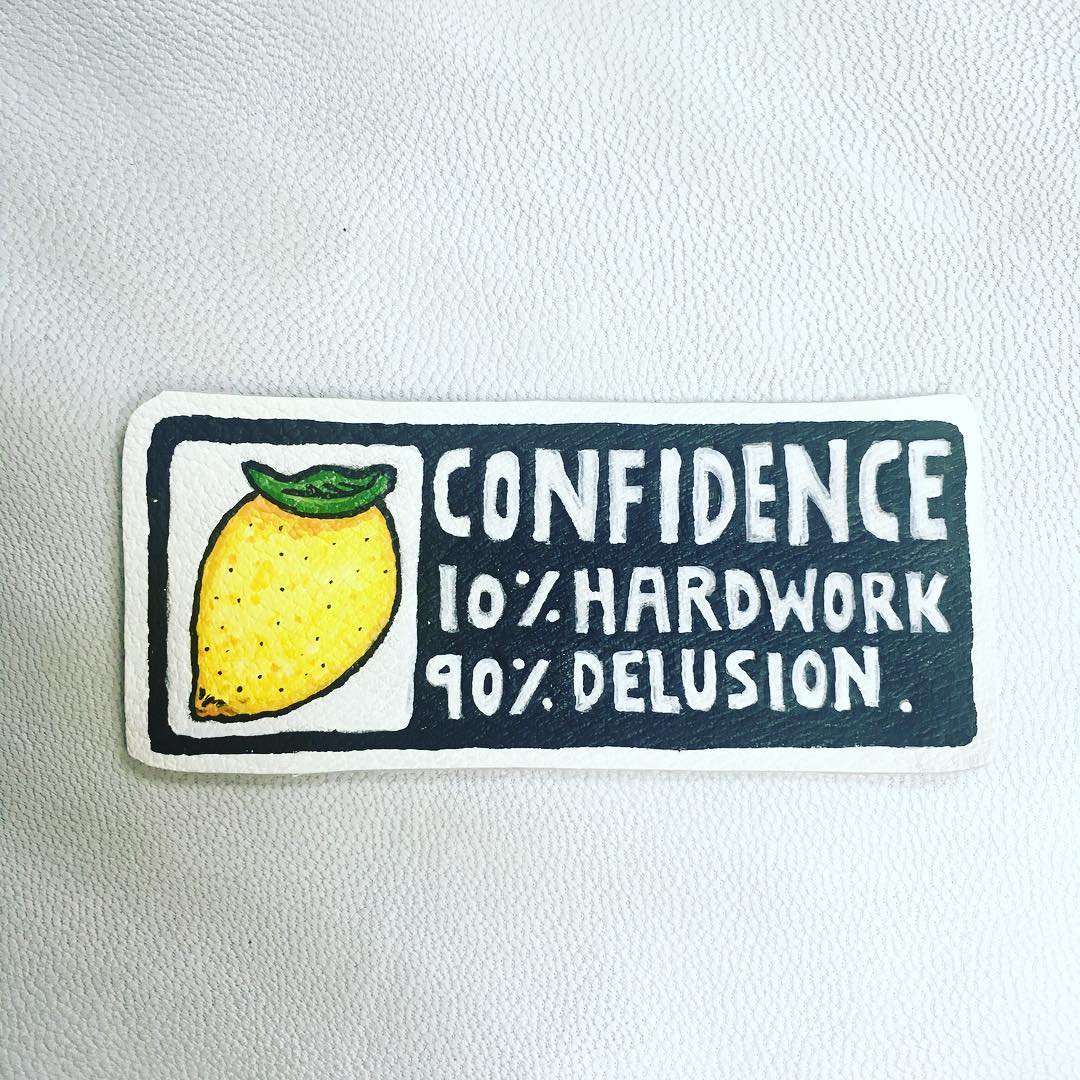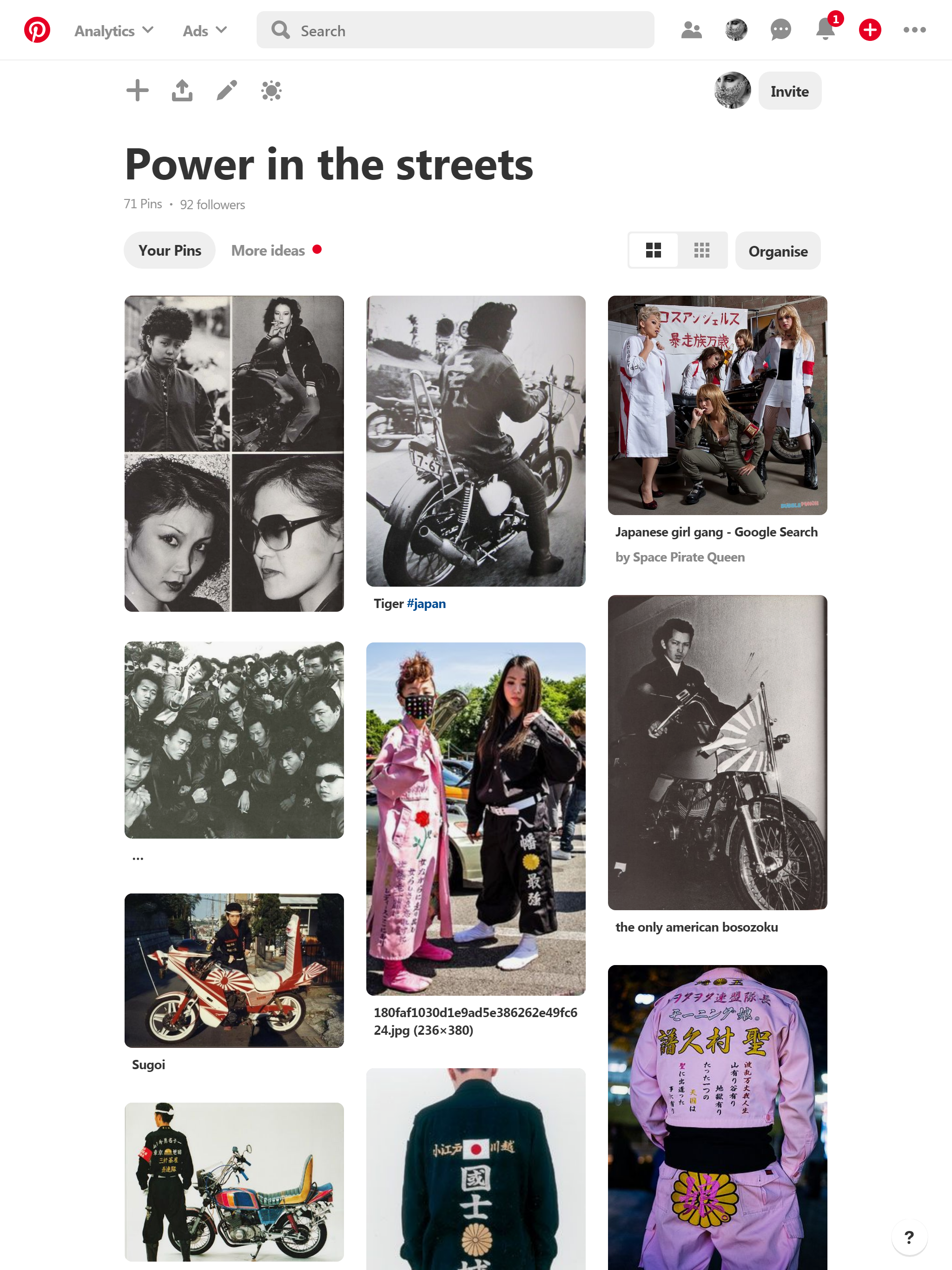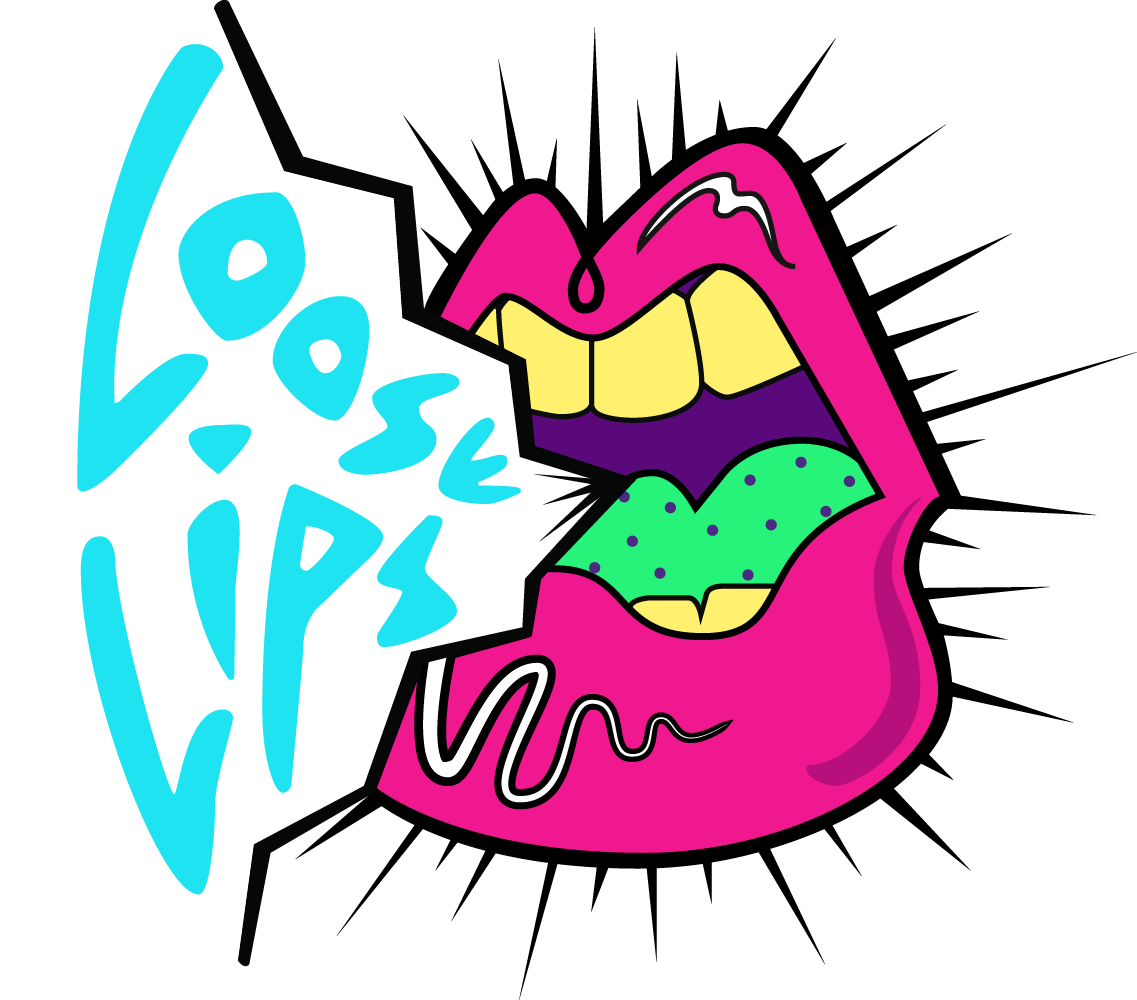BTS: Ideas and Research (Part One)

Art can seem mystical to those not working in it. People often assume creativity and artistic ability are innate; a talent that you're born with or without. While I agree some people might be gifted with a knack that gives them a head start, oftentimes inclination is nothing without dedication. Sarah Andersen nailed it in one.

This misconception can make it difficult to get paid for art. People don't believe they should pay for something you can 'just do'. Not realising that no-one shits gold onto a page each and every time. Even the most 'talented' artists have spent years perfecting their craft. Add to that the preconceived notion that because you enjoy the work, it isn't really work. I mean, how dare you enjoy your chosen career!
And generally we do enjoy it - even though it can be difficult to make ends meet - we persist because we have faith that our hard work will eventually pay off. Meanwhile, this dogged determination gets translated to 'they do it for the love' and the belief that financial stability is of secondary importance to the artist.
It's bullshit. The tragic starving artist cliche. The 'only-discovered-once-they-died' trope. Fuck that! We don't have to starve. There needs to be a change in perception.
On that note, I want to demystify my process. I am by no means very financially successful at this point but I believe I make cool shit. I also believe that you could make cool shit if you wanted to. I want you to feel empowered to do what I do. Why the fuck not?
Some people like to be precious about their process. This secrecy - in my opinion - perpetuates the unhealthy stereotypes I previously outlined. If you do not understand the slight of hand used in a card trick, the only explanation left is magic, right?
It's more harmful than helpful to all creatives and for what? For the sake of deterring competition? If I was afraid of competition what would that say about my confidence in my creative ability? Besides, it is unrealistic to assume that just because you provide someone the tools, that they will instantaneously surpass you and take your gigs. They still have to put the hours in.
As they deliver the work, their own creativity will determine the themes and ideas they explore. As they grow and evolve, there is satisfaction to be had in knowing that you had a hand in it. Their success is a small measure of your own. Wilfred Owen would not have created such beautiful works were it not for the guidance and experience of his mentor Siegfried Sassoon.
Fellow artists, there is no need to fear. Worried about copycats? By the time they've thought to copy shit, you'll have far surpassed your previous works. Art is a continual process of evolution and I would argue, the point at which you stop seeking to improve is the point that you're no longer an artist. It is one of those careers, where it is truly about the journey rather than the destination.
So. Here we are, the first steps on any art journey; ideas.
No-one can really tell you where ideas come from. What causes that first seed of inspiration to sprout. I can already hear you 'but you told me you'd show me-' I can't tell you what sparks the initial flame but I can tell you how I fuel the fire: Research.
Regardless of where the original idea came from, be it a song, film, photo, painting or drag queen. I immerse myself in related content. I watch, read, draw and record my findings as I go. The easiest way to demonstrate this is to take you through a past work.
In 2018 I wanted to partake in Honey Art Show's early exhibition 'Girl Gang'. The starting point was right there in the heading.

I researched various gang movements, from 1970's new york and the growth of hip hop, street punks, classic US and British biker gangs followed closely by Japanese 'bosozoku' bikers. This brought me to Japanese girl gangs known as 'Sukeban' and other female led movements like Teddy Girls and Rebel Dykes. I even looked at the Girl Scouts! Each of these movements had their own aesthetic and members were clearly recognisable from their attire. It was a no-brainer to create a classic 70's gang style leather jacket. The core design would feature a central image surrounded by a - yet to be decided - fictional gang name. I'd then create a bunch of smaller patches a la classic biker/rocker jackets.
All that off of one word? Yep. It nothing revolutionary. Actually, it's exactly what we used to do in school art classes. Of everything they taught us in those, this is the one thing that remains useful to me to this day.
When brainstorming a single word is all it takes to get the ball rolling. Consider what the word means to you. The first images conjured in your mind. You can also look up the dictionary definition, synonyms, historical uses or references. I usually record all this in a web diagram/flow-chart hybrid. The more I think, the further the connections sprawl out. It's not uncommon for the idea I invest in to seem far removed from where I started. Yet I can always trace the roots back to a single point.
I record every passing thought, no matter how seemingly inconsequential. Researching each tangent until a logical conclusion is reached. That or I'm entering ground that no longer excites me.
Sometimes one particular concept will immediately leap out and I'll focus solely on that. There is no point going through the motions of researching a bunch of shit, if one idea has already stolen your heart. The whole point of the exercise is to discover what you feel most passionate about. Passion makes the work easier! So if you found that spark straight of the bat? Fucking awesome.
Why was a 70's gang style jacket a no-brainer for me? It was exciting beyond simple aesthetic. The real intrigue is the historical relevance of 1970's street gangs, the rise of hip hop and the transformative quality it had for a disenfranchised youth. Connections to music, culture and style? Yes please.
Now with something to aim for, I had a lot more work to undertake. I wanted to create a lotttt of patches so I was gonna need a lot more ideas. However I'll cover that in the next post. Hopefully I've already given you enough to chew on.
Tune in for the next instalment on researching ideas.
Meanwhile if you're struggling for inspo or want share your own research methods, then feel free to drop me a line or slide into those Instagram DMs.
Tiffany xo
